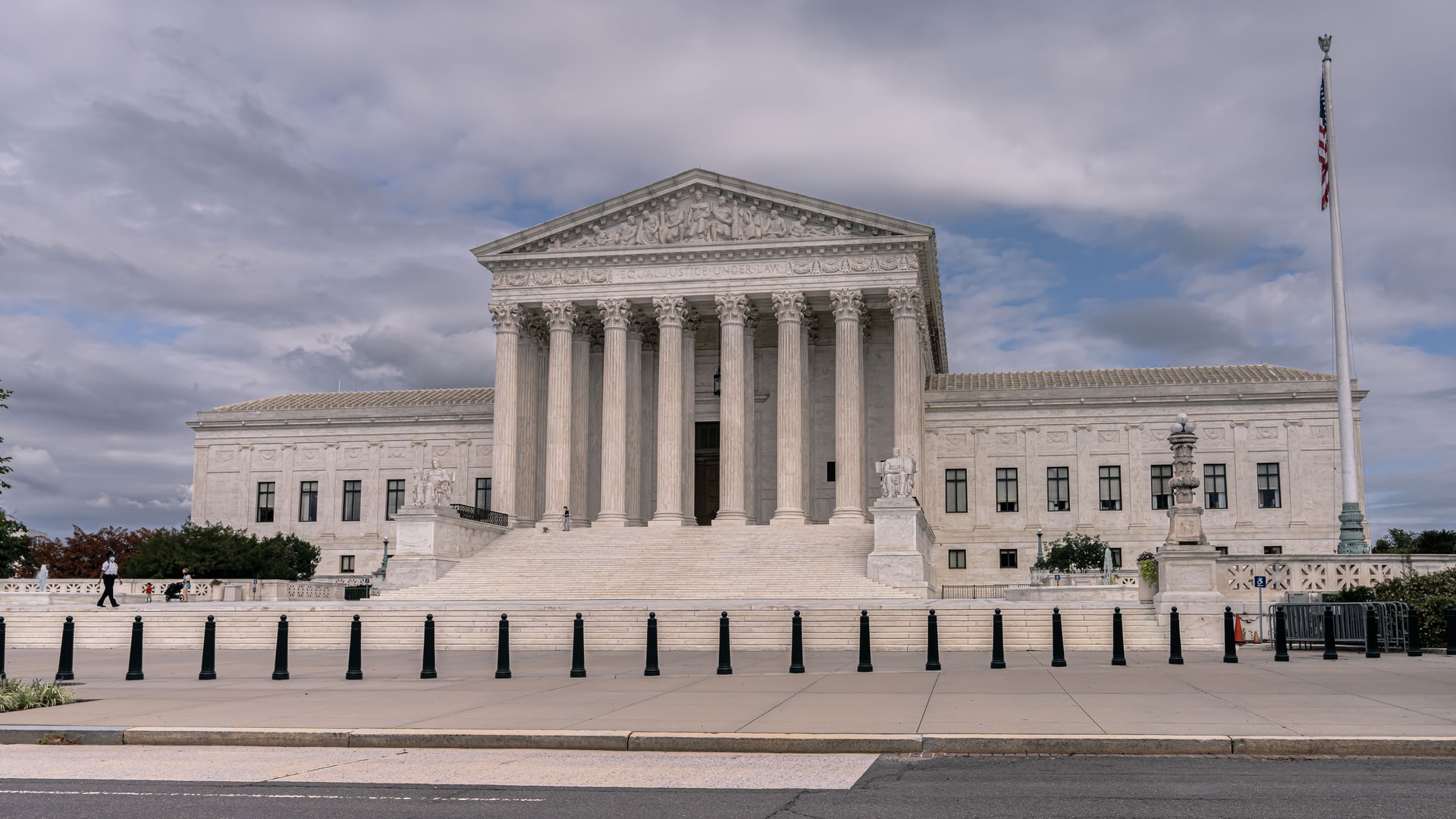The Southern Baptist Convention’s 2017 Annual Meeting is in the books. As I mentioned earlier this week, I was honored and excited to be a part of this extended “family reunion.” I am leaving Phoenix encouraged by the ways that we, as Southern Baptists, are holding true to a united mission and making much-needed statements about the implications of the gospel. The unity I’ve seen has largely been the result of leadership within the SBC, for which I’m incredibly grateful.
Steve Gaines has made it his priority during his time as SBC president to focus on prayer (this past year) and evangelism (the upcoming year). As he said this week, “When you love someone, you talk with them and you talk about them. When it comes to God, that is prayer and evangelism.”
Personal Evangelism
I was honored that Steve appointed me to join with many other men of God to be on a “Soul Winning Task Force,” which will study how Southern Baptists can be more effective in personal evangelism and evangelistic preaching. I cannot overstate the importance of such an emphasis in our churches today. Until Southern Baptists get back to a commitment to personal evangelism, nothing else we do will be effective.
Disciple-making, for instance, is not effective if we pastors are not personally bringing people from darkness to light. We can’t lead our people where we aren’t going ourselves. No “discipleship plan,” regardless of its biblical richness, can claim to be complete until we have taught people to be effective soul-winners. At the Summit, we’ve been encouraging our people all year to identify one person that we believe God wants to draw to Christ. We are asking each other all the time, “Who’s your one?” Because we know that however impressive our evangelism strategy is, unless it’s happening at a relational, personal level, nothing lasting will happen.
Church plants (for which you’ll find no greater advocate than myself) won’t turn the tide by themselves. If we want to see the decline in baptisms in the SBC reversed, then all of our churches—established ones as well as brand new church plants—must be built on aggressive, intentional, personal evangelism. A great example of this is James Merritt, who is one of the most effective personal evangelists I’ve known. (No wonder, then, that Steve appointed him to the group as well.)
An old pastor of mine used to point out that the first thing to get cold on your body is your feet. The same is true in the Christian life. It takes focus and prayer to keep ourselves engaged in the mission.
Racial Harmony
Beyond Steve’s emphasis on evangelism, I was encouraged to see the Convention make a strong and unified statement in favor of racial harmony by officially standing opposed to white supremacy. Resolution 10, which initially wasn’t brought to the floor, was officially and unanimously approved on Wednesday afternoon. The resolution, which condemned the “alt-right” political movement, rightly labeled every form of racism as “of the devil” and “antithetical to the gospel of Jesus Christ.”
Some have responded to Resolution 10 with cynicism, hinting that the issue should be so obvious that even bringing it up is embarrassing. And had the proposal been voted down, we would have reason to be ashamed. But fresh statements in favor of racial harmony should always be celebrated, because we—especially those of us in the majority culture—are always in need of more awareness and intentionality. James Merritt summarized it well: “Every time the SBC can put another nail in the coffin of racism or the perception of racism, all Southern Baptists should say, ‘Give me a hammer!’” I’m thankful the SBC reached for the hammer this week.
Racial harmony, of course, extends far beyond official statements. As we often say at the Summit, we don’t want to simply host multi-cultural events; we want to live multi-cultural lives. Still, as I reflect on this year’s Convention, I see signs that we are moving in the right direction with grace and patience. In addition to voting on Resolution 10, we also elected two African Americans to positions of honor: Walter Strickland (a close friend) is now the 1st Vice President of the SBC, and H.B. Charles was chosen to be the first black president of the Pastor’s Conference. Diversity is easy to be excited about, but takes commitment to pursue. I’m proud that our leadership is showing that commitment, and I hope for more in the days to come.
My Prayer for the SBC
I pray often for the direction of our Convention. In addition to praying for more of what I saw regarding evangelism and racial harmony, a few other needs of hour continue to press upon my heart:
Prayer
This seems to be a need of the hour every hour in the church, so it was no surprise that Steve Gaines made much of prayer over the past year. I sincerely hope that emphasis only continues to grow. The book of Acts, which we often think of as the story of the early church preaching and healing, is just as much a story of the early church praying. Acts has 28 chapters, and in 26 of them we find the church praying. Would our communities describe our churches like that? Are we known as people of prayer?
One story from Acts sticks out as particularly convicting to me. It says, in Acts 6, that the apostles had been taking care of the needs of widows, but since it was taking up their entire day, they asked for volunteers from the church to help them (who became the first deacons). The reasoning they give for this is so that they can devote themselves to “prayer and the ministry of the Word” (Acts 6:4). Pastors point to this story and make a lot of “the ministry of the Word” – as well they should. But what about prayer? We usually think of prayer as part of the preparation for ministering the Word. But it’s not written that way. Prayer doesn’t just fuel the ministry; prayer is the ministry.
A Commitment to Multiply
What would it look like if every church in the Convention were committed to plant one church in the next year? Would that alone not change the face of our country?
Regardless of the size of our church, we all need to stop measuring success by “seating capacity” and start viewing ministry success as “sending capacity.” Seating capacity is comfortable. It’s safe. Sending capacity is risky and frightening. Seating capacity makes the churches’ leaders look important. But sending capacity makes the mission—and Jesus—look important.
Shifting from seating capacity to sending capacity will entail a fundamental shift in how we think about the mission of the church. Jesus’ vision of the church—the kind of church that would besiege the gates of hell—did not consist of a group of people gathered around one anointed leader, but multiple leaders going out in the power of the Spirit. It’s a claim that very few of us take seriously: Jesus literally said that that a multiplicity of Spirit-filled leaders would be greater than his earthly, bodily presence (John 14:12). It’s a claim I want to see made real in churches all throughout this nation.
The Gospel Above All
We are, all of us, always at risk of adding something to the gospel. And soon enough, the-gospel-and turns into the-gospel-of … until eventually the gospel fades away and only the lesser things remain. I pray that we, as a group of churches, would love the gospel more than we love anything else—more than our political views, more than our traditions, more than our own platforms, more than our uniquely crafted strategies. May we carry out our ministry in the same spirit as the Apostle Paul, who reminds us that, “Christ Jesus came into the world to save sinners, of whom I am the foremost” (1 Timothy 1:15).
Photo: Southern Baptists overwhelmingly pass a resolution June 14 condemning the racism of the alt-right movement. Photo by Adam Covington.


